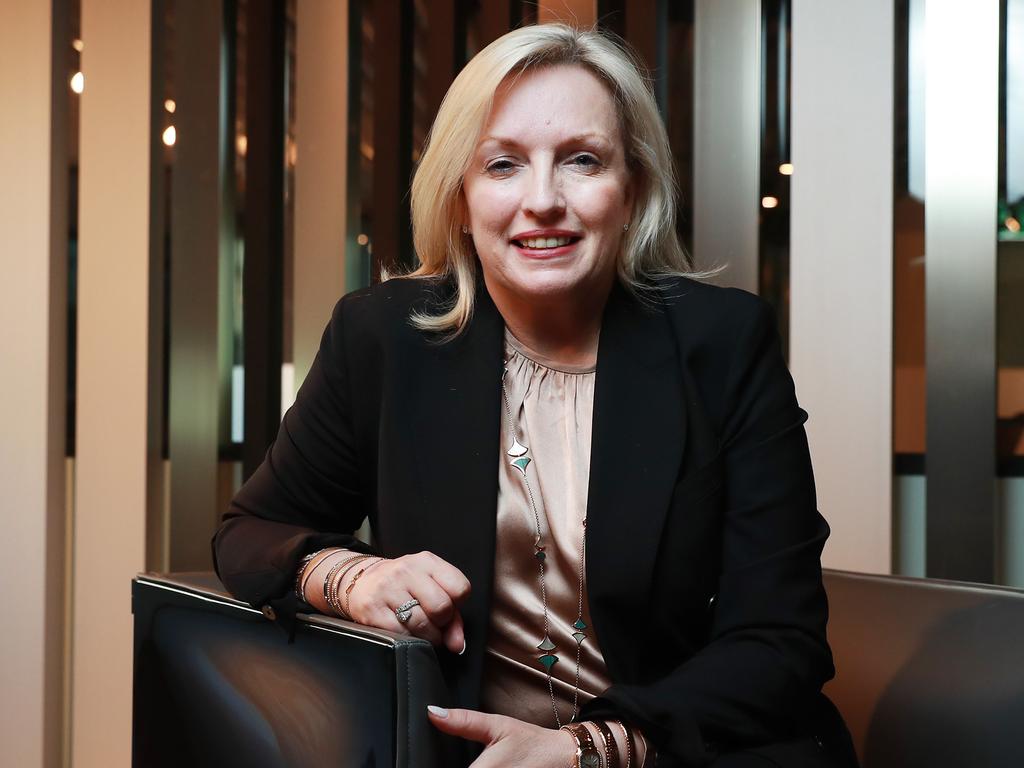Big Four firm reacts to pressure to drop age-retirement policy
KPMG looks likely to drop its age-related retirement policy for partners amid negative publicity and pressure over government contracts.

Professional services firm KPMG has bowed to community and political pressure and will review its age-related retirement policy which expects partners to leave at age 58.
The review will take several months and any decision to drop the voluntary retirement clause in partnership agreements will require a vote of the firm’s 600 partners spread across Australia.
The decision to potentially drop the clause follows extensive publicity around a Federal Court case claiming that another of the Big Four firms, Deloitte, has breached the Age Discrimination Act in its retirement policy.
The Deloitte case put the spotlight on all firms and highlighted that only KPMG has a written retirement clause – albeit a voluntary clause – which suggests 58 as the expected age at which partners will exit.
The publicity left KPMG with little choice but to take action to ensure its age policy is both lawful and in line with community expectations.
Reports that it could potentially lose lucrative federal government contracts worth up to $200m added to the pressure on the board and national chairman, Alison Kitchen.
In a statement on Friday, a KPMG spokesperson said: “KPMG Australia has commenced a review of its voluntary retirement provisions in its partnership agreement, including its reference to age, to best reflect our people’s and community expectations. Any changes will require a vote of support from partners.”
The retirement clause dates back many years when it was mandatory. It was changed to voluntary in 2014 and has been used by the firm to initiate discussions with partners about their future and to manage succession and staff development, including the hiring of younger staff and new partners.
The review is likely to lead to changes to the firm’s overall retirement provisions and the partnership structure.
It will look at the financial implications if more partners continue to work beyond 58.
Partners do not buy into the partnership as in law firms, for example, but receive a lump-sum payment when they exit the business. The review is expected to address the nature of partnerships and how the firm will renew staff without the ability to start conversations about retirement at 58.
At present some partners stay on beyond 58 under various arrangements, and KPMG increasingly hires people, including partners, in their 50s with specific skills that are needed as business needs change.
The Deloitte case, which is making its way through the courts with the first case management hearing before Justice Stewart set for October 15, has drawn attention to the Age Discrimination Act which in 2004 made it unlawful to force people from jobs based on their age.
Deloitte does not have an age-related clause in partnership agreements but a senior audit partner, Colin Brown, is alleging that the firm has a retirement policy that kicks in at age 62. Deloitte is yet to file its defence in the case.
Of the other Big Four firms, PwC does not have an age-related clause and EY removed its clause requiring partners to leave at 60 from agreements on June 30.
At KPMG the clause in the partnership agreement has not been seen as a hard and fast rule but as a trigger for a consultation about a partner’s future plans. Earlier this month a spokesperson defended the clause, suggesting partners know the score from the time they join and pointing out that as a professional partnership KPMG partners are not “employees” but “owners”.








To join the conversation, please log in. Don't have an account? Register
Join the conversation, you are commenting as Logout